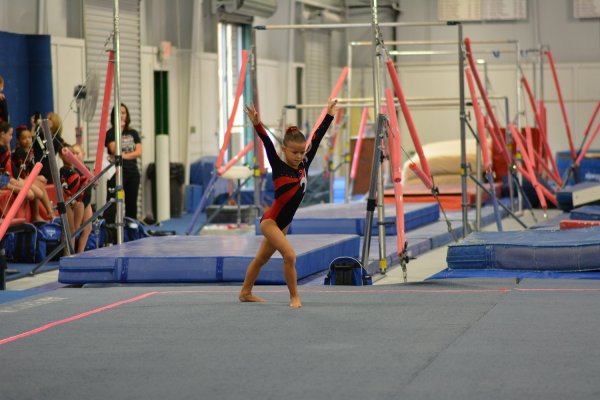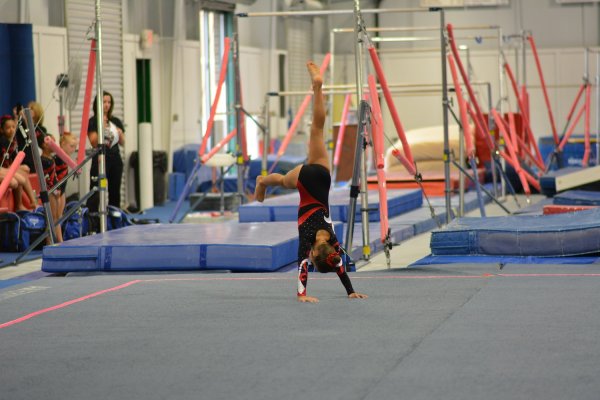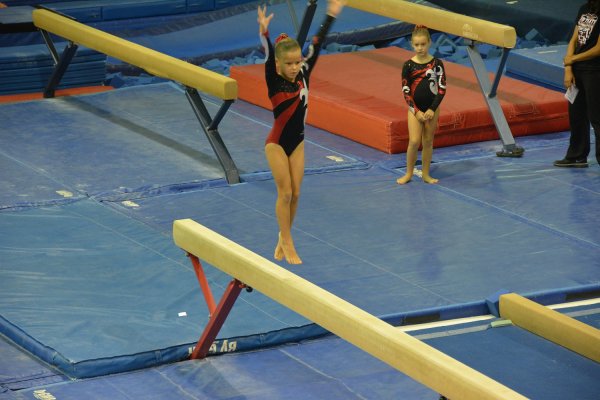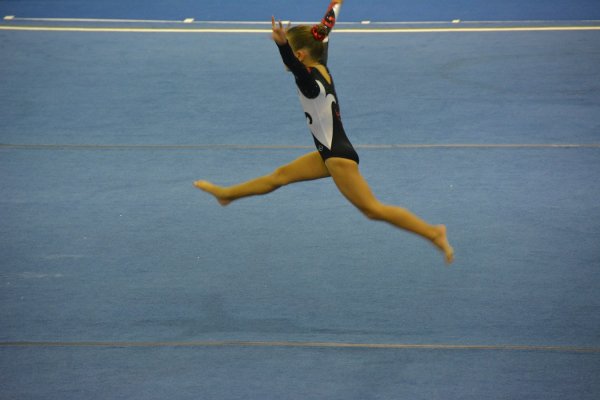frayne
Thinks s/he gets paid by the post
My Cannon G9 is getting long in the tooth and starting to act up now and then and is working on being my back up. Looking into a new DSLR and either the Cannon t5i or the 60D. I'm pretty much a hobbyist and like reading and researching all the technical stuff before I purchase.
Just curious if anyone has thoughts, suggestions, recommendations, etc.
Thanks in advances for any and all comments.
Just curious if anyone has thoughts, suggestions, recommendations, etc.
Thanks in advances for any and all comments.

 The 14mm is incredibly wide on a full frame sensor and it is incredibly sharp. And with the combo of f/2.8 and ultra wide FOV, you can shoot most anything without a flash.
The 14mm is incredibly wide on a full frame sensor and it is incredibly sharp. And with the combo of f/2.8 and ultra wide FOV, you can shoot most anything without a flash.


